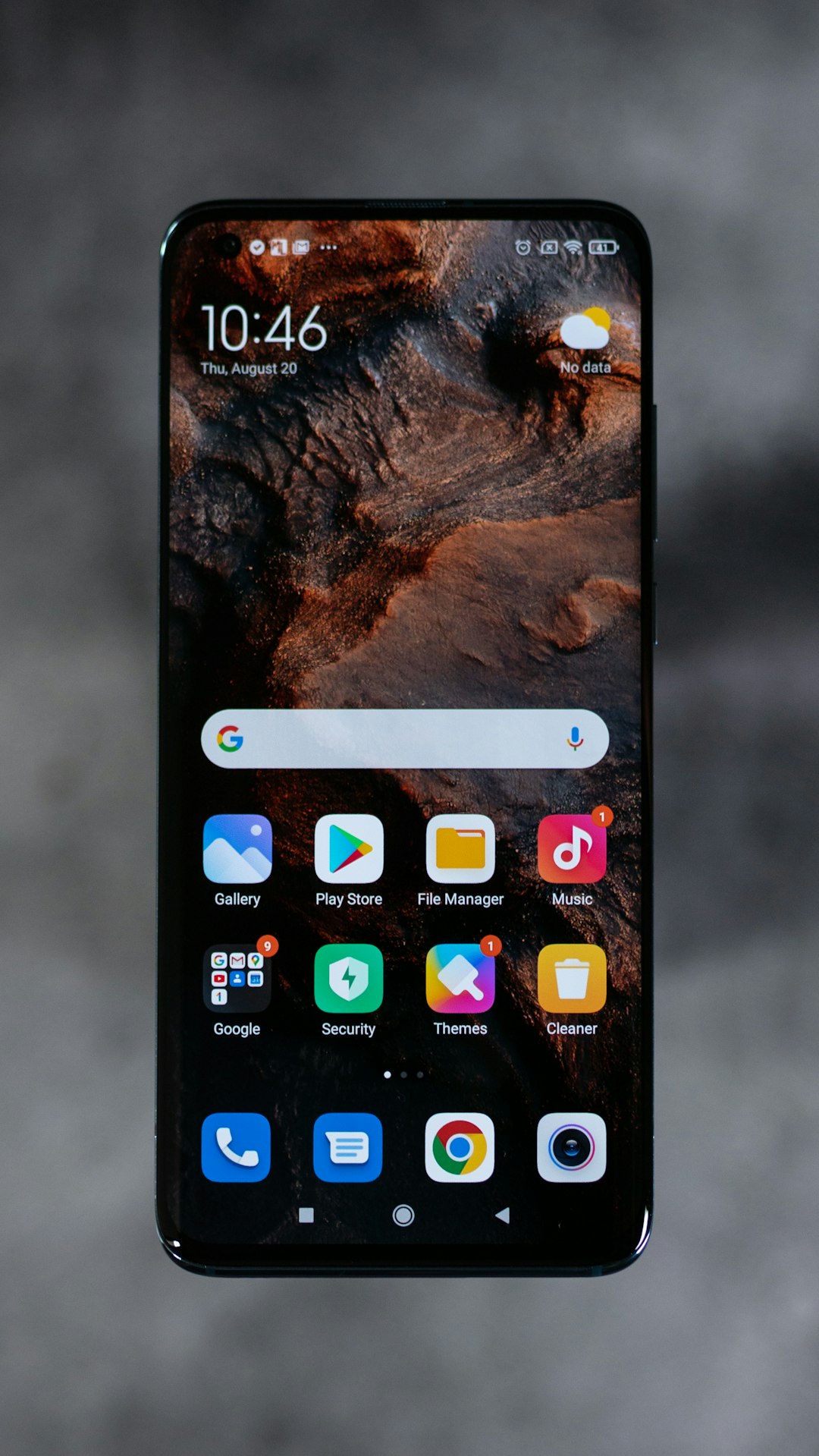Political spam calls are a growing nuisance in Louisiana's close-knit small towns, but residents can reclaim peace of mind through several proactive measures. By registering on the state's do-not-call list, using call-blocking apps, and reporting unwanted calls to authorities, Louisianans can mitigate the impact of political phone tactics and protect their privacy. Understanding legal protections under the Telephone Consumer Protection Act (TCPA) and local ordinances is key. Implementing practical steps like signing up for specific political Do Not Call lists, blocking apps, and reviewing device settings can significantly reduce unsolicited messages. A collaborative approach involving informational sessions, town hall meetings, and advocacy for stricter campaign regulations ensures tailored solutions that address Louisiana's unique small-town dynamics, effectively stopping spam calls. Learn how to stop spam calls in Louisiana today.
In Louisiana, political spam calls can flood small town residents’ phones, causing frustration and disrupting democratic engagement. This article explores effective strategies to combat this growing issue, focusing on the unique challenges faced by rural communities. We’ll delve into the legal framework protecting citizens from unwanted calls, provide practical tips for call management, and emphasize community collaboration as a key solution for long-term relief from political spam in Louisiana.
Understanding the Scope of Political Spam Calls in Small Towns

Political spam calls can be a significant nuisance in small towns, where close-knit communities often mean that residents are more easily reached by unsolicited phone marketing. Understanding the scope of this issue is the first step towards finding effective solutions. In Louisiana, as in many parts of the country, political campaigns have increasingly turned to automated dialing systems and pre-recorded messages to reach potential voters, often without regard for local preferences or do-not-call lists.
These spam calls can be particularly intrusive due to their frequent and aggressive nature. They disrupt daily life, waste valuable time, and contribute to a growing sense of privacy invasion. To combat this problem, residents in Louisiana can take proactive measures such as registering on the state’s do-not-call list, using call-blocking apps, and reporting political spam calls to relevant authorities. By adopting these strategies, small-town folks can reclaim their peace of mind and reduce the impact of unwanted political phone tactics.
Legal Framework and Rights to Combat Unwanted Calls

In Louisiana, as in many states, there’s a robust legal framework in place to combat unwanted phone calls, including political spam. The Telephone Consumer Protection Act (TCPA) grants individuals powerful tools to protect themselves from nuisance calls. According to the TCPA, businesses must obtain prior express consent before calling residents with automated dialing systems or prerecorded messages, often used for political campaigns. Louisiana’s implementation of this federal law provides residents with specific rights, such as the ability to register their numbers on “Do Not Call” lists and sue for damages if they receive unauthorized calls.
Understanding your legal rights is a crucial first step in how to stop spam calls in Louisiana. Residents can file complaints with the Federal Communications Commission (FCC) and seek legal action against persistent spammers. Many small towns in Louisiana may have local ordinances that further restrict unwanted calls, so checking with your local government can be beneficial. By being informed about these measures, citizens can actively protect their privacy and peace of mind from political spam.
Practical Strategies for Effective Call Management

In small towns like Louisiana, where personal connections are often paramount, political spam calls can feel particularly intrusive and unwanted. To effectively manage these calls, residents can employ several practical strategies. Firstly, register for a Do Not Call list specific to political campaigns. Many states, including Louisiana, have laws in place that allow citizens to opt-out of such calls. This simple step can significantly reduce the volume of unsolicited political messages.
Additionally, using call-blocking apps or software designed to identify and block spam calls can be highly effective. These tools learn and adapt to new patterns, ensuring a more robust defense against political spam. Residents should also be vigilant in hanging up on calls immediately or letting them go to voicemail, avoiding any interaction that could confirm their phone numbers as active with these campaigns. Regularly reviewing and updating privacy settings on all devices and accounts is another crucial step in maintaining control over personal information and the associated call volume.
Community Engagement and Collaboration for Long-Term Solutions

In small towns like Louisiana, where close-knit communities thrive, engaging with locals and fostering collaboration can be a powerful strategy to combat political spam calls. Start by organizing informational sessions or town hall meetings where residents can learn about the issue and share their experiences. Encouraging open dialogue allows for collective problem-solving and empowers the community to take action. By combining individual efforts with a unified front, towns can implement more effective solutions.
Local government officials, community leaders, and concerned citizens can work together to develop long-term strategies. This may include advocating for stricter regulations on political campaign practices, promoting opt-out options for phone lists, or creating community-driven initiatives to educate and inform residents about how to handle spam calls. Collaboration ensures that solutions are tailored to the specific needs and characteristics of each small town in Louisiana.






